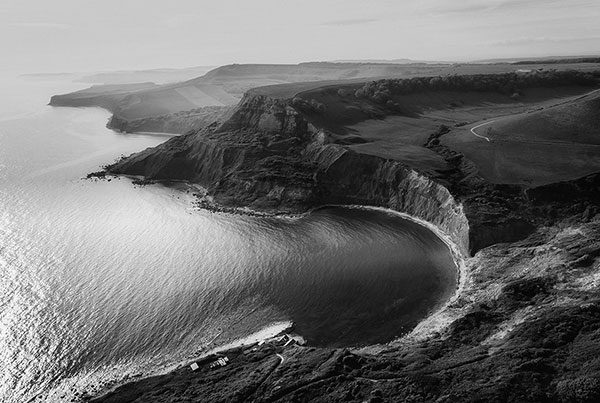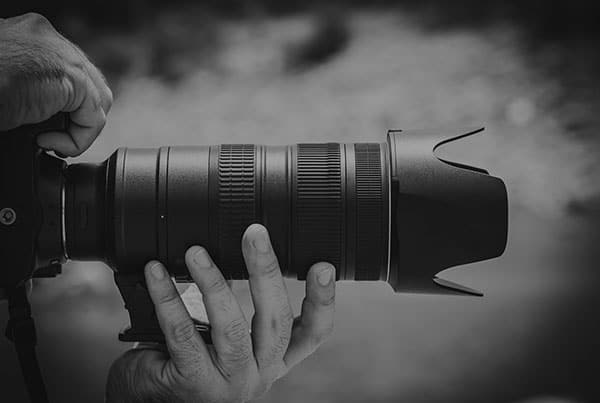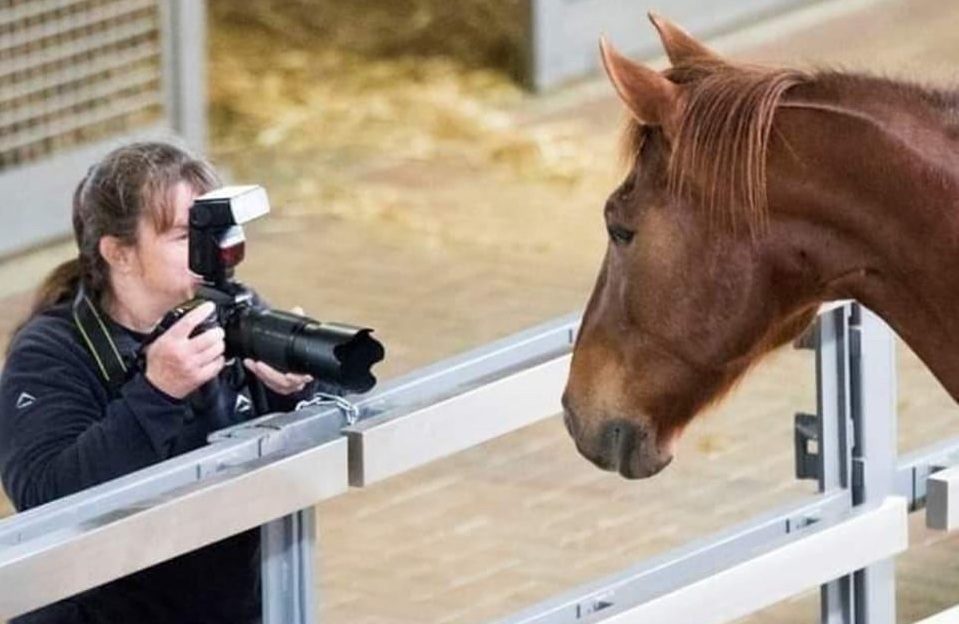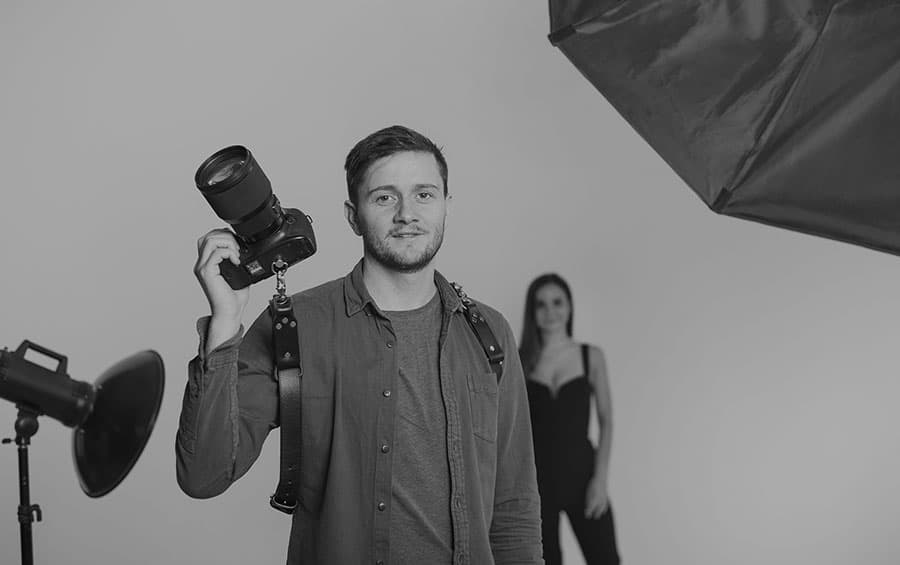Choosing the right digital camera in 2024 can feel overwhelming with the wealth of options available. Whether you’re a professional photographer or an enthusiast, the right gear can elevate your craft. In this article, we’ll compare three of the best digital cameras of 2024 based on features, performance, and value.
1. Sony Alpha 1 II

Overview
The Sony Alpha 1 II continues to dominate the market in 2024 as a hybrid powerhouse for both photographers and videographers. Building on the success of its predecessor, the Alpha 1 II features lightning-fast performance and state-of-the-art technology.
Key Features
- Sensor: 61MP full-frame Exmor RS BSI CMOS
- Video: 8K/30p and 4K/120p with S-Cinetone
- Autofocus: AI-driven Real-Time Tracking and Eye AF
- ISO Range: 100-102,400 (expandable to 50-204,800)
- Burst Speed: 30 fps with a blackout-free viewfinder
Why It’s Great
For professionals, the Alpha 1 II’s combination of ultra-high resolution and speed makes it perfect for wildlife, sports, and studio photography. Its advanced autofocus capabilities ensure you never miss a moment, even with fast-moving subjects.
Drawbacks
The steep price tag (~$6,500) may deter casual users, and its complex features have a learning curve for beginners.
2. Canon EOS R5 Mark I

Overview
Canon’s EOS R5 Mark II takes mirrorless photography to new heights. Known for its color science and ergonomic design, this camera appeals to portrait, landscape, and event photographers.
Key Features
- Sensor: 45MP full-frame Dual Pixel CMOS AF II
- Video: 8K/60p RAW and 6K ProRes
- IBIS: 8-stop in-body stabilization
- Connectivity: Built-in Wi-Fi 6E and FTP transfer
- New Feature: HDR capture for both photos and videos
Why It’s Great
The R5 Mark II’s superb dynamic range and Canon’s signature colors make it ideal for capturing rich tones and details. It’s a versatile tool for both stills and cinematic video production.
Drawbacks
Overheating in extended 8K recording remains a challenge, and the battery life could be better.
3. Fujifilm X-T5

Overview
For those seeking a compact yet capable camera, the Fujifilm X-T5 offers the perfect blend of retro aesthetics and modern performance. As an APS-C model, it’s an excellent choice for travel and street photography.
Key Features
- Sensor: 40.2MP APS-C X-Trans CMOS 5 HR
- Video: 6.2K/30p and 4K/60p with F-Log2
- Autofocus: AI-enhanced subject tracking
- Body Design: Classic dials for ISO, shutter speed, and exposure
- Weight: 557g (light and portable)
Why It’s Great
The X-T5 excels in color rendering, with film simulation modes that produce stunning JPEGs straight out of the camera. Its lightweight build makes it perfect for on-the-go photographers.
Drawbacks
The APS-C sensor might not appeal to those seeking the shallowest depth of field, and it lacks some of the video-centric features of its competitors.
Comparison Table
| Feature | Sony Alpha 1 II | Canon EOS R5 Mark II | Fujifilm X-T5 |
|---|---|---|---|
| Sensor | 61MP Full-Frame | 45MP Full-Frame | 40.2MP APS-C |
| Video Resolution | 8K/30p, 4K/120p | 8K/60p, 6K ProRes | 6.2K/30p, 4K/60p |
| Autofocus | AI Real-Time AF | Dual Pixel CMOS AF II | AI-Enhanced Tracking |
| IBIS | 5.5 Stops | 8 Stops | 7 Stops |
| Price | ~$6,500 | ~$3,900 | ~$1,700 |
The Sony Alpha 1 II is the top pick for professionals who need cutting-edge performance and don’t mind the price. The Canon EOS R5 Mark II strikes a balance between resolution and video quality, making it a versatile choice. For budget-conscious photographers who prioritize portability, the Fujifilm X-T5 is a superb option.
Which one is right for you? That depends on your specific needs, whether it’s capturing high-speed action, cinematic video, or everyday memories.
Share and Comment.!









